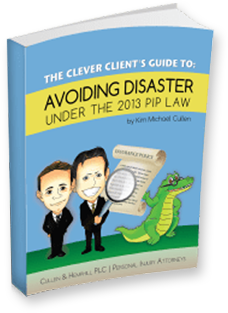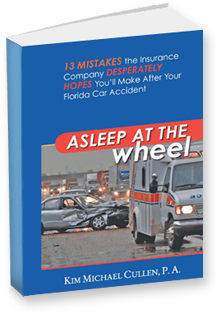Recently, Central Floridians have been seeing news reports about special measures being taken to shut down or eliminate “pill mills” from the area. For example, in the last several months of 2010, Central Florida law enforcement agencies arrested several physicians and non-physician owners of local pain clinics on drug trafficking charges. Additionally, State regulatory agencies have begun cracking down on doctors who they believe are prescribing or dispensing too much strong medication. Finally, Orange County became the first local county to place a one year moratorium or ban on the opening of any new pain clinics.
Agencies and local governments are concerned about the proliferation of “pill mills” for several reasons. First, there is evidence that much of the medication that is prescribed or dispensed in these clinics shows up on the streets – sold to people or addicts who clearly do not have a legal or legitimate use for them. Law enforcement officials know that when the number of addicts escalates in a community, so do the number of ancillary crimes such as theft and robbery. Second, new research shows that the incidence of prescription drug overdoses is skyrocketing in the United States, and particularly in those states that seem to have a lot of pain clinics.
Many consumers are confused by the terms “pill mill” and pain clinic. In many ways they are the same thing. It would probably be easiest to demonstrate the difference in this way: every “pill mill” is necessarily a pain clinic, but not every pain clinic is a “pill mill.” In Central Florida, “pill mills” are generally cash-only facilities that dispense their own drugs – instead of issuing prescriptions and requiring patients to get their medications from a drug store. Doctors at “pill mills” generally prescribe excessive amounts of medication (usually pain medication, but not always) to their patients. “Pill mills” will often be populated by patients from states where it is more difficult to acquire drugs, who drive hundreds or thousands of miles to “stock up” on their medication. Many times “pill mills” will employ armed security to chase away obvious drug addicts, as well as to protect the large amounts of case that are often generated by sales.
When doctors prescribe medication in large counts, or with great frequency, the chance of an accidental (or intentional) prescription drug overdose increases exponentially. A doctor or pain clinic can be held liable for wrongful death arising from a prescription drug overdose, if it can be shown that a reasonable physician would not have prescribed a large amount of medication to a patient who was arguably drug addicted or otherwise more likely to make a mistake taking the drug. In certain circumstances, pain clinic doctors can also be held liable for prescription drug suicides, if there was some forewarning that the patient had such tendencies and the drugs were prescribed or dispensed anyway.
As with any medical negligence case, prosecuting a claim for wrongful death in connection with a prescription drug overdose is an expensive and very time-consuming endevour. A consumer who is thinking about bringing a claim against a pain doctor, pain clinic, or pill mill, should consult with an attorney who is experienced with these claims, and who is willing to spend the time and money necessary to prevail.
If you have questions regarding prescription drug overdose cases, please call Orlando personal injury attorneys Kim Cullen & Bob Hemphill at 407-644-4444.



